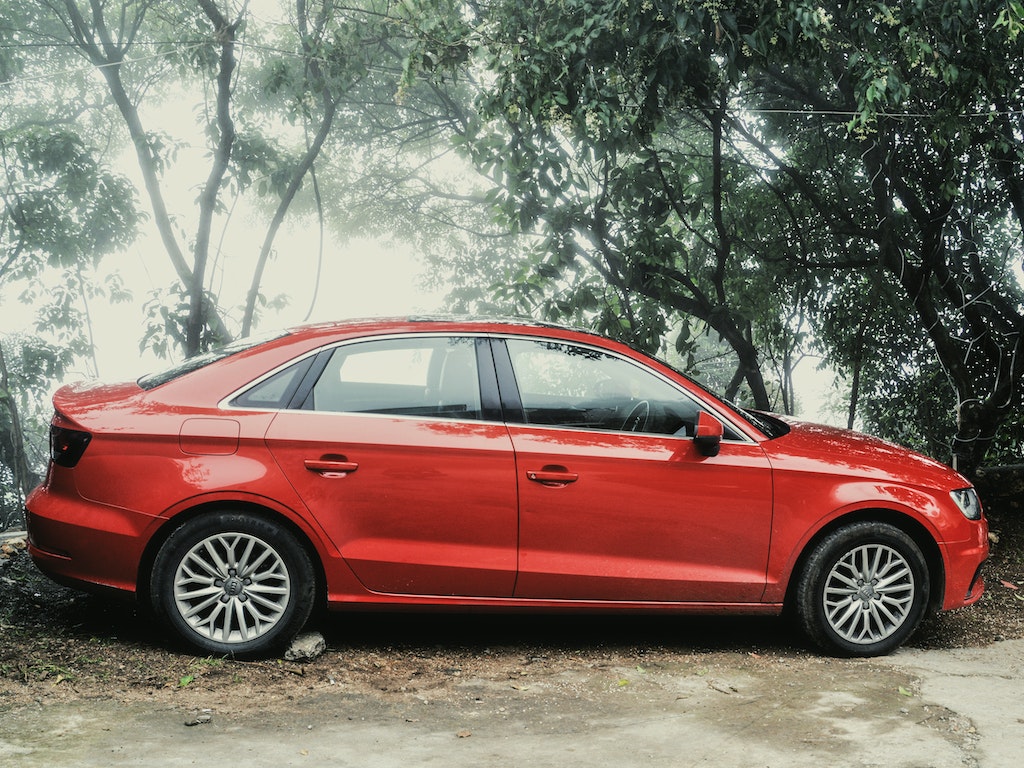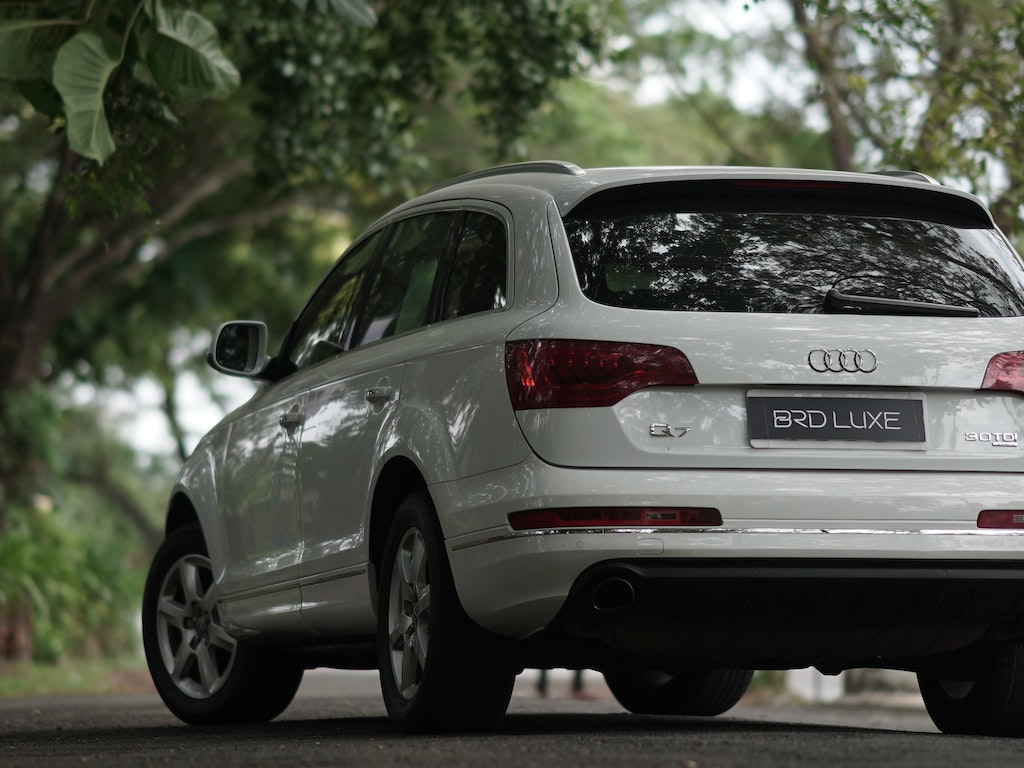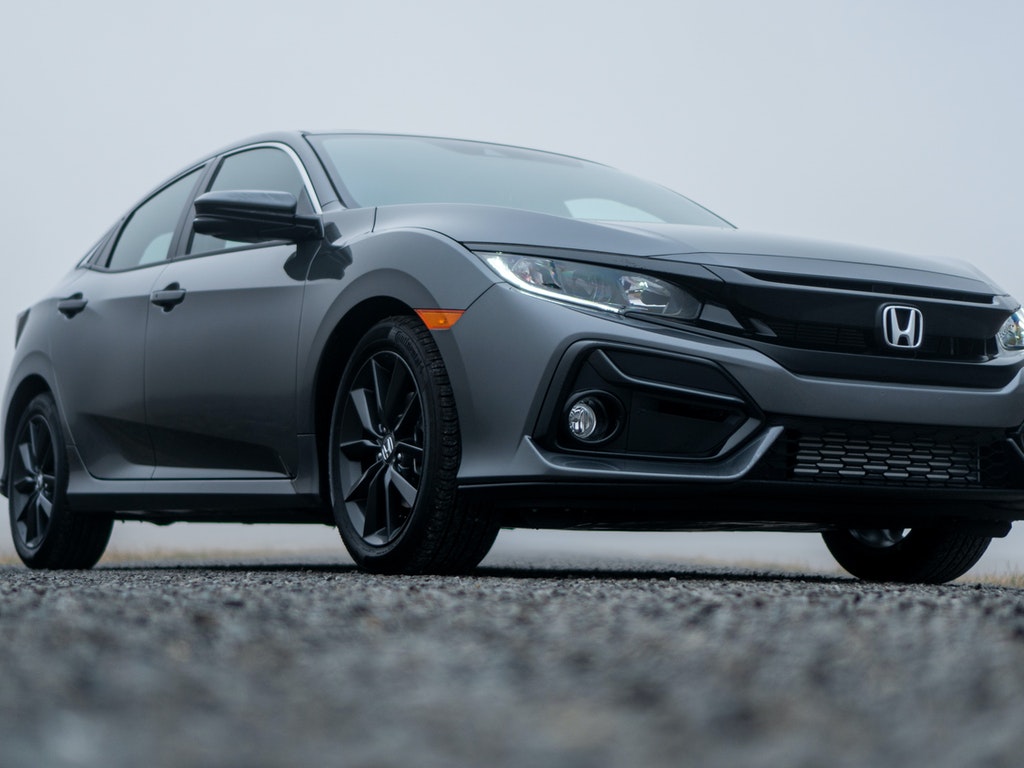
Hybrid cars have been around for a while, but recent developments have enabled them to become more affordable and, thus, available to the mass market. Still, if you are considering buying one of these cars, you should know the best and worst things about hybrid cars. Let’s jump right in.
Here Are Some of The Benefits of Hybrid Cars:
They’re Environmentally-Friendly
Hybrids do not use fossil fuels as regular cars do. These vehicles get energy from gasoline and electricity, which is good for the environment because it reduces our dependence on oil and coal while still providing transportation options to those who need them most.
They’re Quiet
Electric cars are much quieter than traditional gasoline vehicles. To address the safety concerns posed by this, the U.S. passed laws requiring electric vehicles to make audible sounds when traveling at certain speeds.
Requires Less Maintenance
Hybrids are less expensive to run because they have two sources of power: a gas engine and an electric motor. This means there is less regular wear and tear on the engine, so you need less oil or coolant and fewer routine maintenance costs than cars that rely solely on combustion fuel engines.
You’ll Save Money
If you drive a hybrid car, you will spend less money on gasoline and have to make fewer trips to the gas station. This can be especially helpful if you rely on your vehicle for transportation. However, it can be difficult to determine exactly how much money you’ll save since savings depend on your driving habits, area, and more.
Some Drawbacks to Owning a Hybrid Car Include the Following
Higher Upfront Costs
It’s important to remember that not all hybrids are created equal. Some cost more upfront than comparable gasoline-powered vehicles. Hybrid buyers can save money on fuel, so it may be worth the extra cash upfront for what you save on gas over the long haul.
Expensive Maintenance
Hybrid cars typically require less maintenance than conventional cars. But if you need to replace your battery, it can cost more than other types of cars. Most hybrid car manufacturers offer 10-year warranties for their batteries, and many batteries are designed to last more than 150,000 miles.
They Still Emit Fossil Fuel Emissions
Hybrids tend to have a lower environmental impact than their gasoline counterparts, but this depends on how often they use the gas engine. If electric power is used most of the time, the hybrid will have lower well-to-wheel emissions than an electric car but higher emissions than walking or biking.











